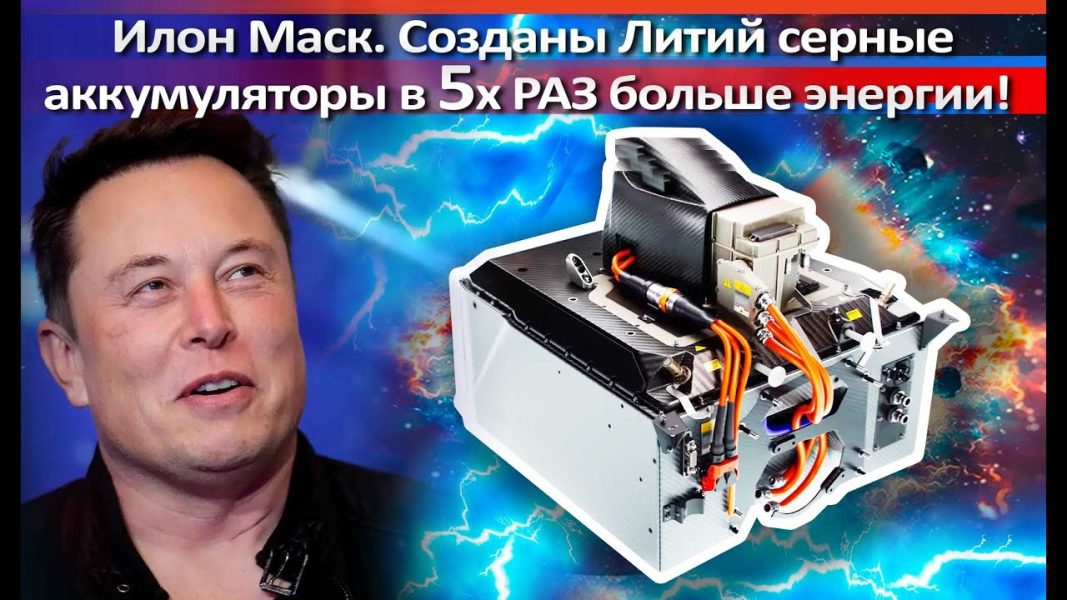
The European project LISA is about to start. The main goal: creation of lithium-sulfur batteries with a density of 0,6 kWh / kg
Exactly on January 1, 2019, the European project LISA starts, the main goal of which will be the development of Li-S (lithium-sulfur) cells. Due to the properties of sulfur, which is lighter than the metals used today, lithium sulfur cells can reach a specific energy of 0,6 kWh / kg. The best modern lithium-ion cells today are around 0,25 kWh / kg.
Table of contents
- Lithium Sulfur Cells: The Future of Cars, Airplanes and Bicycles
- LISA project: high-density and inexpensive lithium-polymer batteries with solid electrolyte.
Scientists working on electrical cells have extensively tested lithium sulfur cells for many years. Their capabilities are fantastic because they promise theoretical specific energy 2,6 kWh / kg (!). At the same time, sulfur is a cheap and available element, because it is a waste from coal-fired power plants.
Unfortunately, sulfur also has a drawback: despite the fact that it guarantees the low weight of the cells - which is why Li-S cells have been used in electric aircraft, breaking non-stop flight records, its physico-chemical properties make it quite dissolves quickly in electrolyte... In other words: A Li-S battery is capable of storing a large charge per unit mass, but during operation it is irreversibly destroyed..
> The Rivian battery uses 21700 cells - like the Tesla Model 3, but possibly LG Chem.
LISA project: high-density and inexpensive lithium-polymer batteries with solid electrolyte.
The LISA (lithium sulfur for safe road electrification) project is expected to last just over 3,5 years. It was co-financed in the amount of 7,9 million euros, which is equivalent to approximately 34 million zlotys. It is attended by Oxis Energy, Renault, Varta Micro Battery, Fraunhofer Institute and Dresden University of Technology.
The LISA project aims to develop Li-S cells with non-combustible solid hybrid electrolytes. It is necessary to solve the problem of protecting the electrodes, which leads to the rapid degradation of the cells. Scientists say that from a theoretical energy density of 2,6 kWh / kg, in fact 0,6 kWh / kg can be obtained.
> Asphalt (!) Will increase the capacity and speed up the charging of lithium-ion batteries.
If it were really close to this number, with a weight of several hundred kilograms Batteries for electric vehicles will drop from several dozen (!) To about 200 kilograms.... This could be a nail in the coffin of hydrogen cell vehicles (FCEVs), as the Toyota Mirai's hydrogen tanks alone weigh nearly 90 kg.
The project will be developed under the auspices of Oxis Energy (source). The company says it has already managed to create cells with an energy density of 0,425 kWh / kg that can be used in aircraft. However, their lifespan and resistance to charge-discharge cycles are unknown.
> Li-S batteries - a revolution in aircraft, motorcycles and cars
This may interest you:

